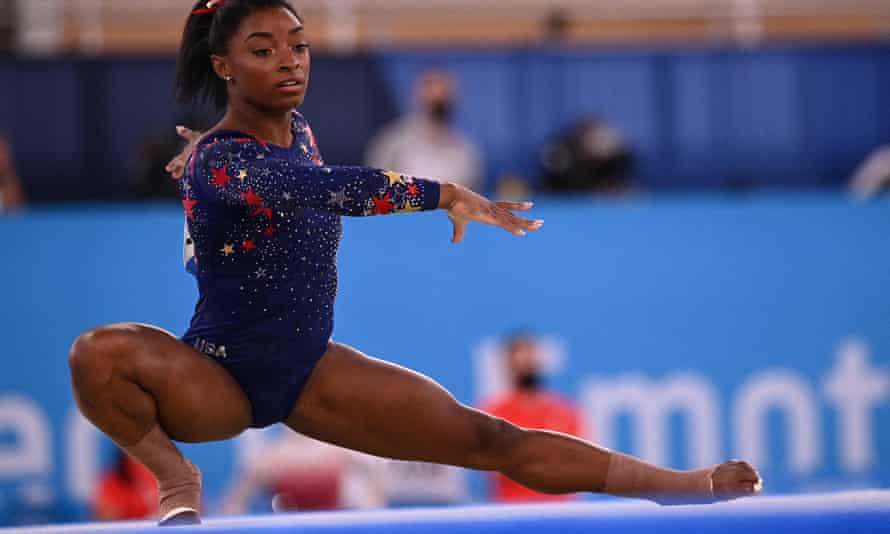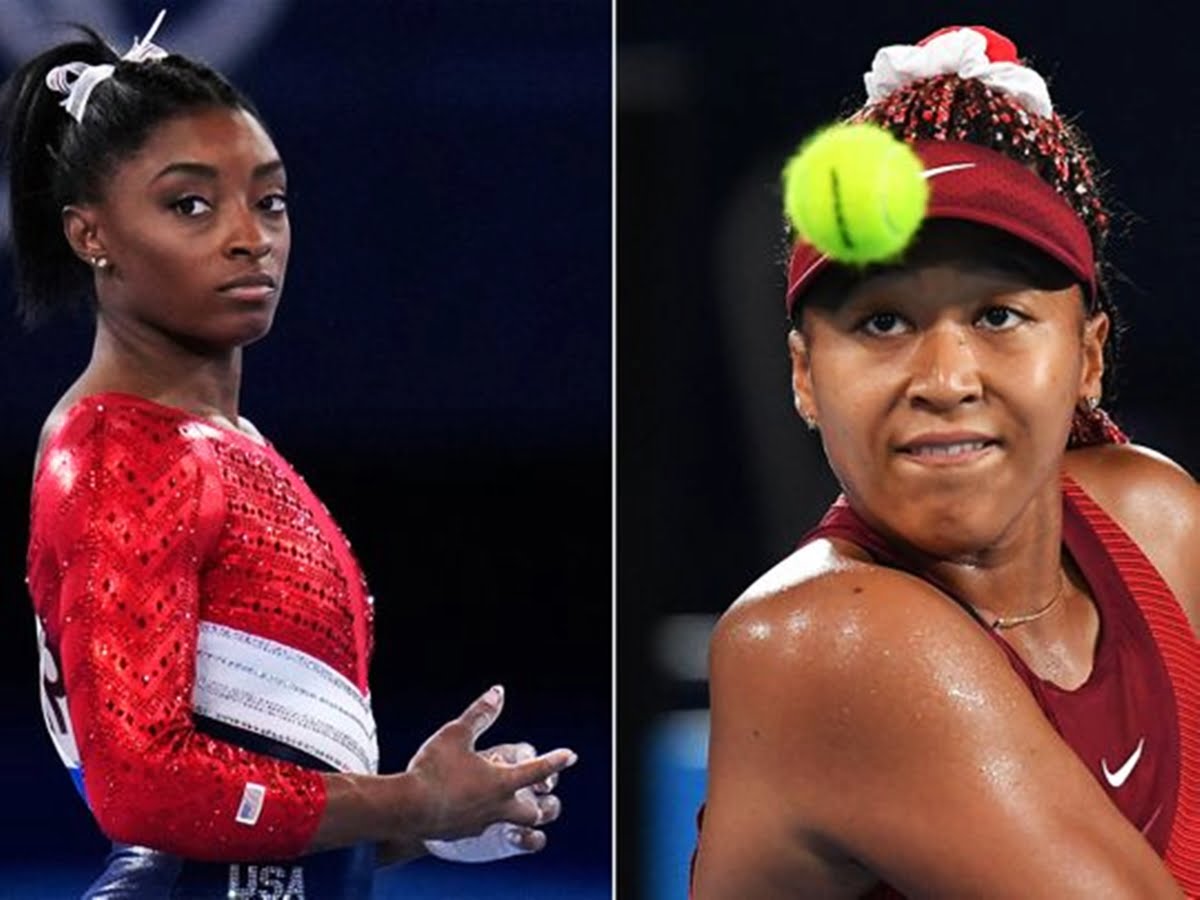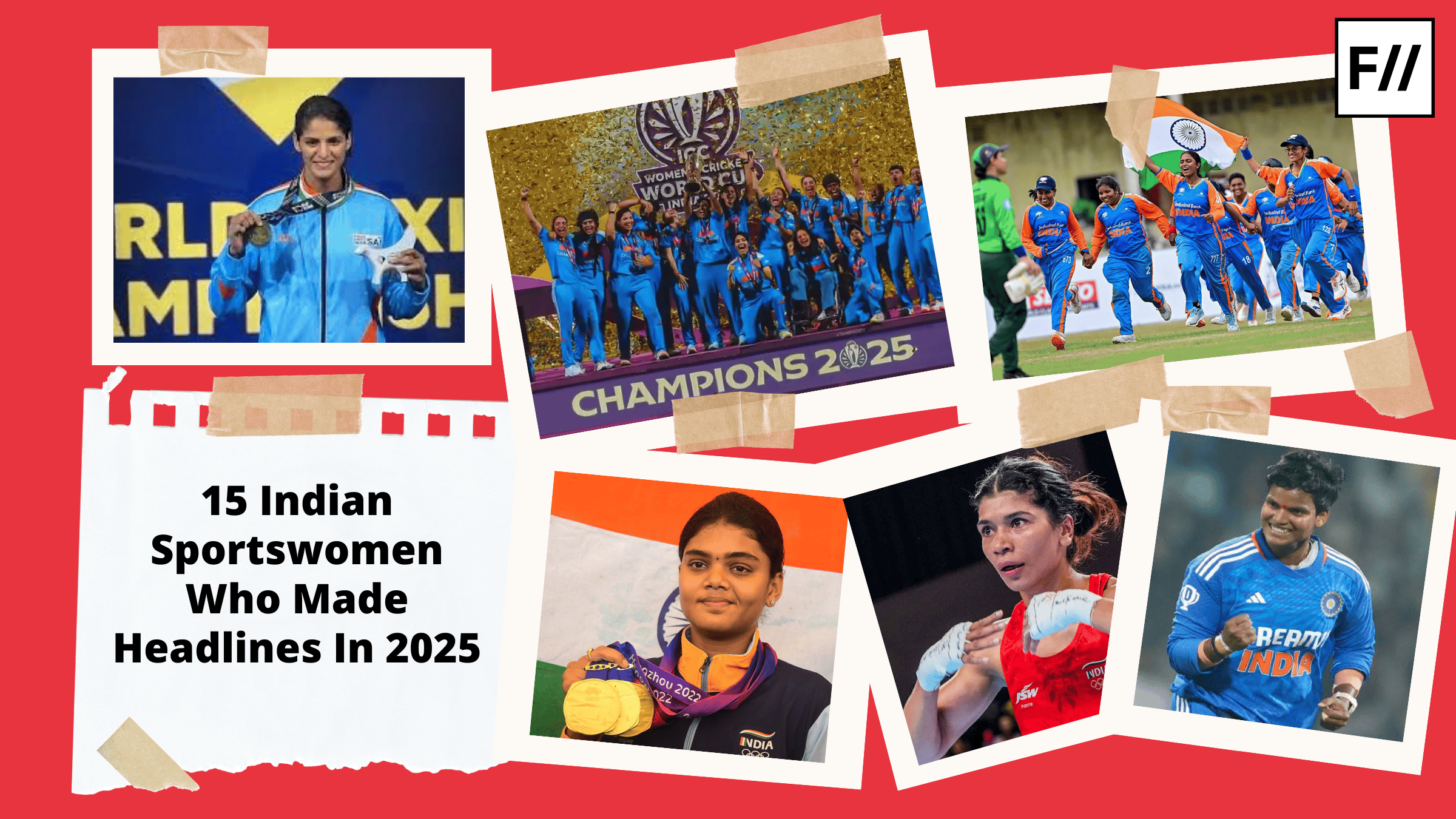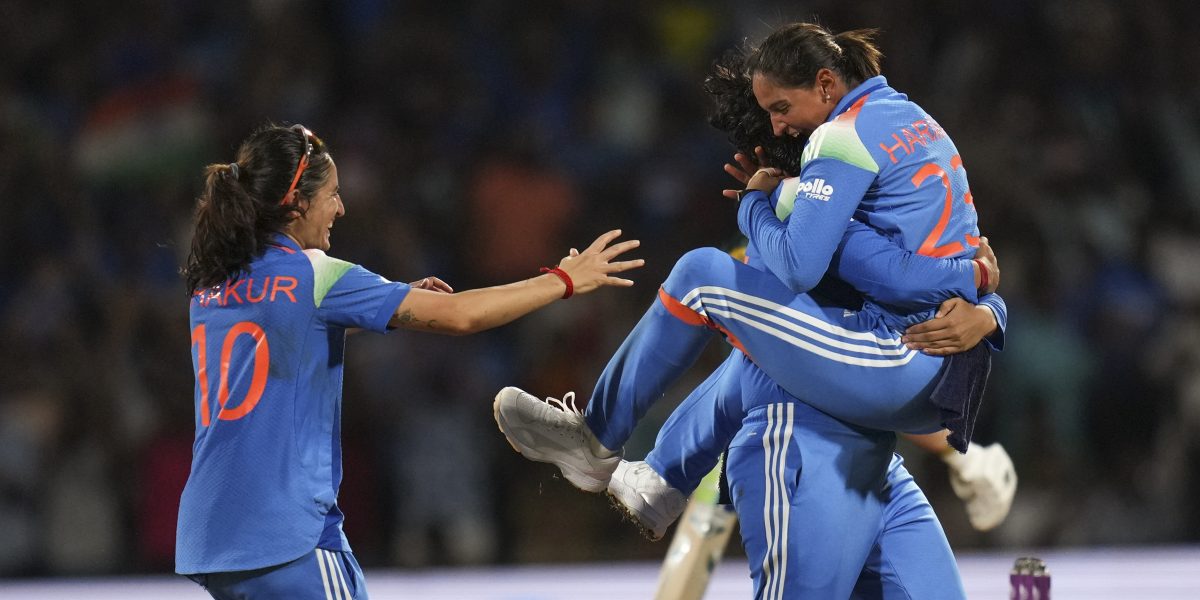The world of sports has always been one that has always been measured in binaries, where either you compete and win, or you don’t. This often makes many forget that the sportsperson is an individual and not award minting machines. The mental health of sportspersons and athletes has for long been the elephant in the room, that most have chosen to ignore. And unfortunately, most sports ecosystems are outcome-oriented. This impacts the definition of success to the point that most athletes’ self-esteem depends on the number of medals they win.
Many were surprised and taken aback when Olympic gold-medallist gymnast Simone Biles withdrew from the ongoing Tokyo Olympics’ gymnastic women’s team finals, on account of her mental health. “I have to focus on my mental health and not jeopardize my health and well-being,” explained Biles, who is regarded as the world’s greatest gymnast currently.
Therefore, many were surprised and taken aback when Olympic gold-medallist gymnast Simone Biles withdrew from the ongoing Tokyo Olympics’ gymnastic women’s team finals, on account of her mental health. “I have to focus on my mental health and not jeopardize my health and well-being,” explained Simone Biles, who is regarded as the world’s greatest gymnast currently, as she pulled out of the women’s team gymnastics final in Tokyo. This was a first at the Olympics stage, but just sometime ago, tennis player Naomi Osaka had also made a similar decision and withdrew from the 2021 French Open and later Wimbledon also on account of her mental health, opening up about her bout with depression. Recently, American track and field sprinter Sha’Carri Richardson too was disqualified from competing in the Olympics after testing positive for marijuana due to the trauma of losing her mother.
Also read: Male Gaze & The Policing Of Sportswomen’s Bodily Autonomy

The public airing of athletes’ struggle with mental health, not just when they are off the field but also coming forward at the biggest stage, has demonstrated to the world that only the athlete as an individual is capable of making decisions that serve their best interests and it is okay to choose to step away. Athletes and sportsperson are often looked at as heroes and stars. So, when they start addressing issues like mental health it opens up a conversation and draws out the seriousness of the issue, and makes it more acceptable. Just being physically fit for the game is no longer everything, the mental health of athletes is just as important.
Athletes operate under immense pressure to perform. When they rise to the occasion under difficult circumstances, they are applauded and praised. But when they are unable to deliver, they are criticised and termed as ‘failures’. When it comes to sports, emotions are always running high. And most times these emotions fail to perceive the underlying struggles of those involved. An athlete’s success results in greater demands and expectations, both that they placed on themselves as well as the expectations from external factors like media, sponsors and public appearances. It is therefore very common for them to hang a heavy burden upon themselves to perform, as their identity as individuals is too closely linked to their sporting performance.
Simone Biles and Naomi Osaka’s decision is also part of a larger cultural debate. Of late, many athletes, especially Black women — have been open about prioritising their mental health over society’s definition of success. The intersectionality of race, gender, and class plays a key role in lived experiences of these athletes.

Both in the case of Naomi Osaka and Simone Biles, their decisions were met with backlash. Biles, who is also a sexual assault survivor, was called a “joke” and “nonsense” by journalist Piers Morgan. Two very important things that factor in this sort of backlash is the lack of white privilege and being a woman athlete. These become defining factors in how athletes are discriminated against and treated. For the black women athletes historically, the arena of sports has been more taxing than their white counterparts. A prime example of that is how tennis star Serena Williams is subjected to endless body-shaming, racism, and discriminatory treatment by sports’ governing bodies.
Furthermore, women athletes are under double pressure when it comes to performing on the big stage. Organised sports has traditionally been an immensely toxic masculine arena. Most women’s teams around the world are headed by male coaches. These masculine arenas look at women as the ‘other’ and hence there is a constant pressure to behave a certain way and conform to a particular standard. The respect that these women athletes earn is disproportionately measured against their wins rather than their genuine talent. Therefore, the Naomi Osaka and Simone Biles incidents have been eye-openers and have shone the spotlight on the immense mental pressure that discriminatory treatment can have on the players.
Research has suggested that mental health disorders—from burnout and substance abuse to eating disorders, depression, and anxiety— affect up to 35% of athletes at some stage of their careers. Several factors contribute to this. Athletes are under immense stress not just and financial pressure. They are often forced to set aside their personal life and emotional well-being in pursuit of a so-called ‘larger goal’. Furthermore, they also face stigmas such as being termed ‘weak’ when they open up about their mental health struggles.
Add to that the fact that the pandemic has worsened this situation by manifold. During the pandemic, athletes were left without practice or access to the field and track for long amounts of time. Lack of practice, anxiety, and uncertainty about the future exacerbated pre-existing mental health issues. Many lost their close ones but still had to go on because of their professional commitments. Furthermore, adjusting to life in a series of isolated bubbles makes a difficult situation all the more stressful.
Also read: Compulsive Bureaucracy & Media Obligation: Naomi Osaka’s Withdrawal From French Open
Hence it wasn’t shocking when even before the Tokyo Games even started, several high-profile athletes withdrew or retired because of Covid-19. It’s been a challenging time for the athletes, with preparation for the Games being disrupted multiple times.
Former gymnast Jacoby Miles, who broke her neck and became paralysed after a gymnastics accident, came in support of Simone Biles’ ability to not let her “twisties” get the best of her. In gymnastics, “twisties” is a mental block that causes a gymnast to become disoriented mid-air, which can often lead to devastating injuries.
Former gymnast Jacoby Miles, who broke her neck and became paralysed after a gymnastics accident, came in support of Simone Biles’ ability to not let her “twisties” get the best of her. In gymnastics, “twisties” is a mental block that causes a gymnast to become disoriented mid-air, which can often lead to devastating injuries.
The fact that the mental health of the athlete competing can have such a grave effect on their future and their career is completely ignored by sporting bodies. While there are plenty of camps and rehabilitation facilities for physical injuries, until mental health is prioritized and given the same weight, players will continue to struggle in silence. Sporting bodies need to prioritise athletes’ mental health, provide them with resources and adequate support.
The likes of Simone Biles and Naomi Osaka have not only made life-changing decisions for themselves but have also paved the way for other women and especially women of colour to do the same. Recognising one’s boundaries and giving oneself space to recover is as important as playing the game itself.
Featured Image Source: Gulf News
About the author(s)
Shriya is a former student of literature and a multimedia journalist with an interest in sports and human rights. She can be found watching Shah Rukh Khan movies or listening to Ali Sethi and 90s Bollywood songs. She enjoys a good cup of black coffee multiple times a day and is often compared to 'Casper, the friendly ghost'.





Psychotherapy is one of the most effective when you are open and honest with your therapist. But if you have never seen any psychological counselling india before,you may have some questions about your privacy.
According to recent research it is said that talk therapy is extremely useful treatment for people dealing with depression.